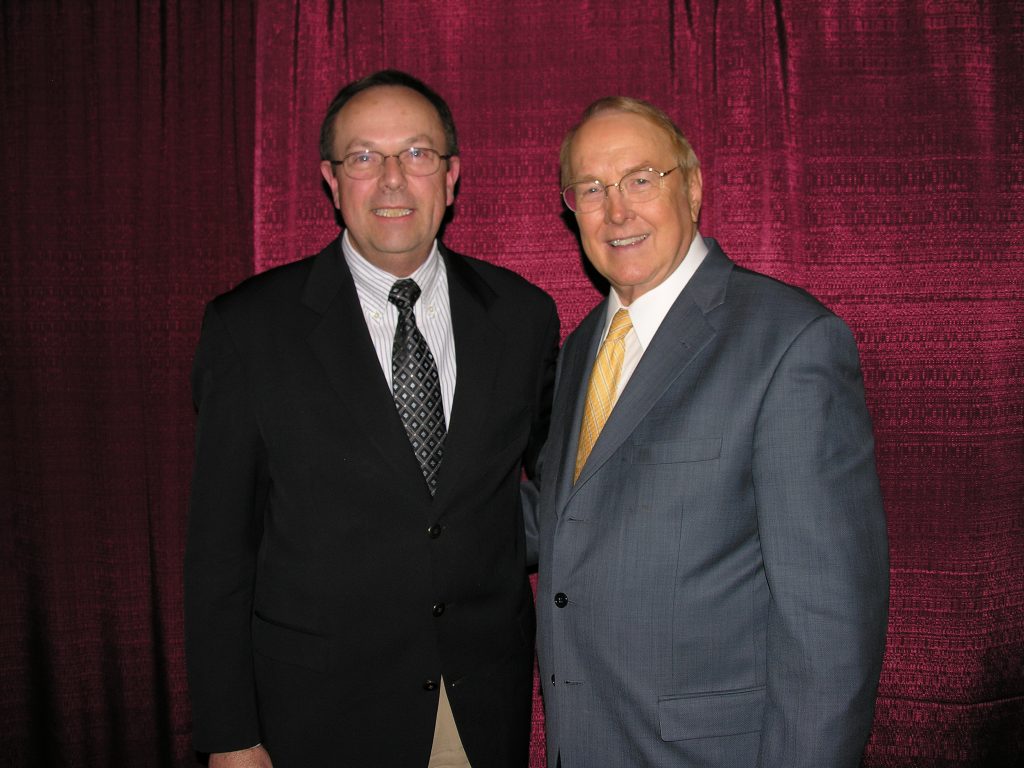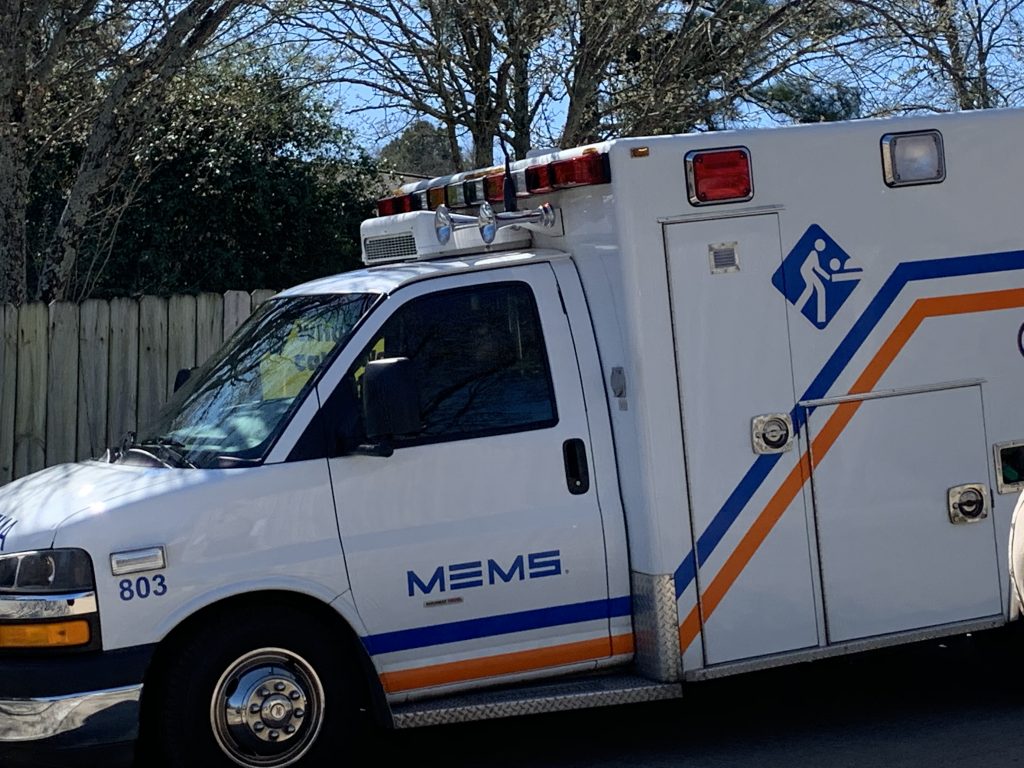Last fall, to pressure passage of the Terminally Ill Adults bill in the House of Commons, advocates of legal suicide in the U.K. took an innovative approach. They plastered the London Underground with posters that resembled ads for antidepressants or headache medicine. The most prominent featured a wealthy, healthy woman dancing in her kitchen in her pjs with a big smile on her face. The caption read, “My dying wish is my family won’t see me suffer and I won’t have to.”
In the U.K., the advertising of porridge (for health reasons, ironically) and politics is banned on the Tube. Upselling death is allowed. Though good Samaritans covered the posters with information for suicide prevention hotlines, defenders stood by the marketing. One spokesman said, “The campaign uses positive imagery of these people living life on their own terms, alongside messages about why they are campaigning for greater choice.”
The campaign marked a new chapter in death culture. Long gone are the Jack Kevorkian days of peddling cold and clinical death machines. Even the “it’s the compassionate thing to do” and “who wants to suffer?” guilt campaigns have been traded in. This U.K. campaign was about autonomy, the promise of a final way to express one’s “expressive individualism.” In this vision, death is the designer capstone of a fully autonomous life.
This is the necessary end of the sharp turn inward, to the unencumbered self that demands life, and now even death, on our own terms. Francis Schaeffer recognized that what he called the pursuit of “personal peace and affluence” was, ultimately, a rejection of God as the maker of morality and meaning. Carl Trueman recognized that “expressive individualism” is a rejection of God as the Creator and thus a rejection of who we are in His image.
But if life’s real meaning is autonomy, why wouldn’t the meaning of death be the same? Previous generations called one another to memento mori, to remember that they will die as a way of knowing how to live well. Ours, fully detached from God, wants to live and die in whichever way we choose.
To be certain, to demand autonomous death is also to reject God, the One who, Scripture says, “holds the keys to death and Hades.” And, like all claims of autonomy, it is an illusion. The reality is always less choice for the most vulnerable.
For example, a British judge recently ruled that a woman on life support since May should be taken off because it was “in her best interest to die.” The family, who had been insisting the patient responded to them with eye movements and hand squeezes, says she would not agree to this motion because of her Christian convictions. The woman was pulled from life support late last month. The slope between the right to die and the duty to die is certainly slippery when the state is involved. This is most obvious in Canada, where the euphemistic “Medical Aid in Dying” (or MAiD) has led to the early deaths of autistic people and drug addicts, among others. In fact, everywhere death has been legalized in this way, the “right to die” soon becomes the pressure to and eventually the duty to die.
There are a number of steps involved in this process. First, the meaning of words such as “terminal” and “hopeless” and “illness” slide down the slope. Soon, they expand to include those not facing imminent death or even a physical condition. Second, in another diabolical play on words, anyone who opposes such “freedom” is accused of lacking “compassion” or care for one’s “basic dignity.”
Somewhere around this time, the public learns of “financial realities” involved. In Canada, “watchdog” and “oversight” groups released “studies” demonstrating how MAiD would save millions of dollars. According to a recent article in The Telegraph, if the Terminally Ill Adults bill becomes law in the U.K., families whose elderly members choose this kind of death will receive a tax break. In other words, “If assisted dying becomes legal … it could leave someone … with an agonising choice between prolonging their life or saving their family hundreds of thousands of pounds.”
Our words either reflect or distort reality. That is why, as G.K. Chesterton said, “if words aren’t worth fighting over, what on earth is?” For years, I misremembered another quote from Confucius: “When words lose their meaning, people lose their lives.” Apparently, he actually said, “people lose their freedom.” However, had he witnessed the advance of assisted suicide, he may have said it as I remembered.
In reaction to the U.K. law, Glen Scrivener posted, “Assisted dying is cheap. Love is costly. Life is invaluable.” His use of these words is correct because, in truth, we are not our own. We are created by God in His image. Life and death belong ultimately to Him.
Copyright 2025 by the Colson Center for Christian Worldview. Reprinted from BreakPoint.org with permission.
READ MORE






